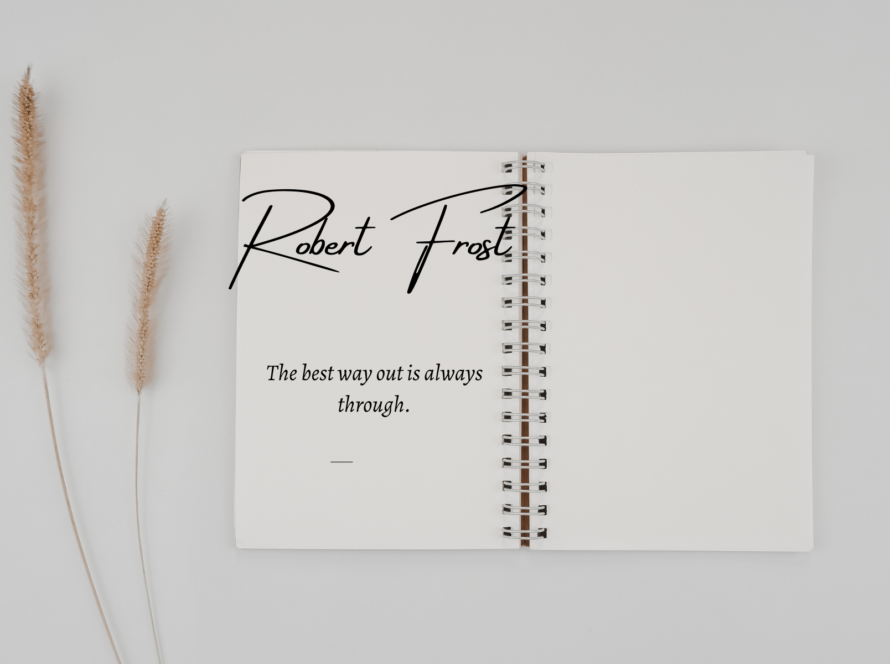Günter Grass, born on October 16, 1927, in Danzig (now Gdansk, Poland), was a renowned German writer, artist, and political activist. His literary works, marked by their intricate storytelling, powerful imagery, and sharp social commentary, have left an indelible mark on German literature and global literary discourse.
Grass’ formative years were shaped by the tumultuous period of World War II and its aftermath. As a teenager, he served in the Waffen-SS, an experience that profoundly impacted his life and became a recurrent theme in his works. After the war, Grass pursued studies in art and sculpture, which laid the foundation for his later artistic endeavors.
Grass rose to international prominence with his debut novel, “The Tin Drum,” published in 1959. This landmark work, part of his Danzig Trilogy, blended historical fiction, magical realism, and allegory to explore themes of German history, collective guilt, and the complexities of human nature. Grass’ intricate narratives and vivid characters captivated readers, establishing him as a leading voice in post-war German literature.
Beyond his literary accomplishments, Grass was actively engaged in political and social issues. He was an ardent critic of fascism, militarism, and nuclear proliferation. Grass used his platform to raise awareness about the enduring impact of Germany’s Nazi past and to advocate for peace and social justice. His outspokenness often sparked controversy, but Grass remained committed to his convictions.
Grass believed that literature had a crucial role in confronting historical memory and promoting dialogue. Through his works, he sought to navigate the complexities of Germany’s past, encouraging readers to grapple with their own historical legacies. Grass’ engagement with memory and the moral responsibility of the individual resonated with audiences worldwide, transcending national boundaries.
Günter Grass received numerous accolades throughout his career, including the Nobel Prize in Literature in 1999. His works continue to be studied and admired for their literary merits and their socio-political significance. Grass’ ability to weave together personal stories with broader historical and political contexts showcased his mastery of storytelling and his profound insights into the human condition.
Günter Grass’ literary achievements and his commitment to social and political engagement solidify his place among the great writers of the 20th century. His ability to address complex themes with empathy, honesty, and artistic nuance left an enduring impact on German and world literature. Günter Grass’ legacy as a literary giant and social critic serves as a reminder of the power of art to provoke thought, challenge the status quo, and inspire meaningful dialogue.
Art is accusation, expression, passion. Art is a fight to the finish between black charcoal and white paper.
Günter Grass
The job of a citizen is to keep his mouth open.
Günter Grass
Even bad books are books and therefore sacred.
Günter Grass
Art is uncompromising and life is full of compromises.
Günter Grass
Believing: it means believing in our own lies. And I can say that I am grateful that I got this lesson very early.
Günter Grass
If work and leisure are soon to be subordinated to this one utopian principle – absolute busyness – then utopia and melancholy will come to coincide: an age without conflict will dawn, perpetually busy – and without consciousness.
Günter Grass
Information networks straddle the world. Nothing remains concealed. But the sheer volume of information dissolves the information. We are unable to take it all in.
Günter Grass
Read more quotes from these Nobel Laureates in Literature:
[table “111” could not be loaded /]Melancholy has ceased to be an individual phenomenon, an exception. It has become the class privilege of the wage earner, a mass state of mind that finds its cause wherever life is governed by production quotas.
Günter Grass
We already have the statistics for the future: the growth percentages of pollution, overpopulation, desertification. The future is already in place.
Günter Grass



